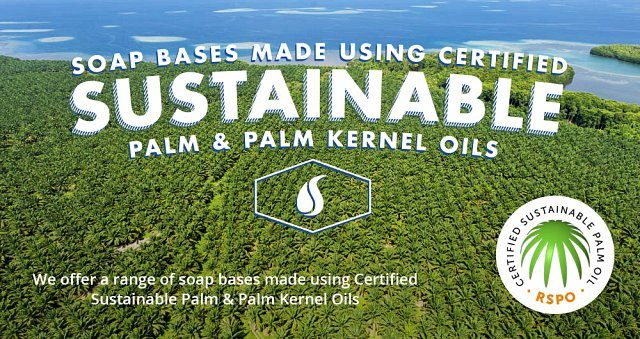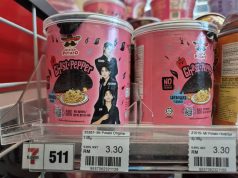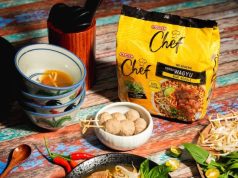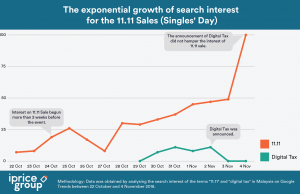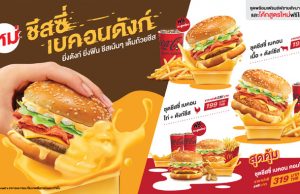47 companies contacted
During the first half of 2017, WWF contacted 47 companies headquartered in Singapore and Malaysia for the Palm Oil Buyers Scorecard study. The respondents were asked about their core actions and commitments in sourcing for sustainable palm oil. The report can be downloaded here.
Only 30% of the companies responded to the study and only 3 firms out of 47 have a public commitment to use sustainable palm oil.
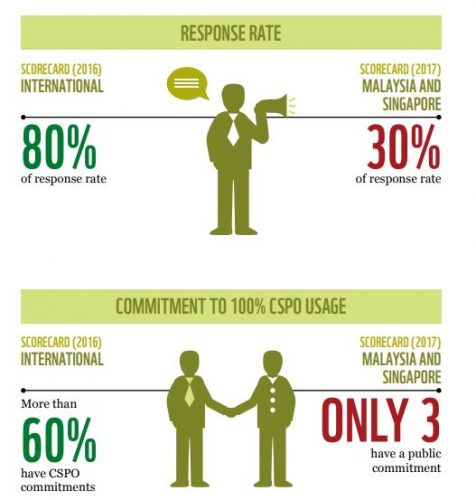
Here are the results
Malaysia’s Mamee Double-Decker (M) Sdn Bhd and Munchy Foods Industry Sdn Bhd are the only two Malaysian companies that disclosed they are using 1-25% of certified sustainable palm oil (CSPO), as defined by the Roundtable on Sustainable Palm Oil (RSPO). Both are members of RSPO and only Mamee has a public disclosure on CSPO use. 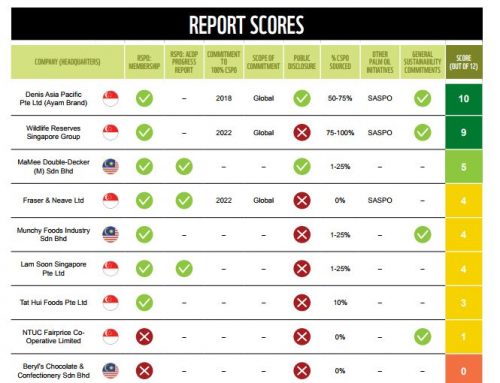
In Singapore, the top score goes to Denis Asia Pacific Pte Ltd (Ayam Brand) with a commitment to 100% CSPO use by 2018. At the moment, its CSPO usage is 50-75%. The company, the maker of canned food, started using CSPO in 2010.
Wildlife Reserves Singapore said its CSPO usage is 75-100%. The entity is a self-funded organisation based in Singapore which manages the majority of zoos in the country.
Zero CSPO usage
The following Malaysian companies said they are not using certified sustainable palm oil (RSPO):
- Beryl’s Chocolate & Confectionery Sdn Bhd – chocolate
- Brahim’s Holdings Berhad – in-flight catering
- Lay Hong Bhd (Nutriplus) – poultry and egg
- Perfect Foods Manufacturing (M) Sdn Bhd – biscuit
Among the non-respondents from Malaysian and most likely to be using 0% RSPO are:
- Adabi Consumer Industries Sdn Bhd – sauces
- Aik Cheong Coffee Roaster Sdn Bhd – coffee
- Gardenia Bakeries (KL) Sdn Bhd – bakery
- The Italian Baker Sdn Bhd – bakery
- White Café Sdn Bhd – maker of OldTown white coffee
- Chek Hup Sdn Bhd – coffee
- Network Foods (M) Sdn Bhd – chocolate
- Biz Alliance International (M) Sdn Bhd – instant noodle
Consumers not expect to care about sustainable palm oil
Most Malaysian companies expect their consumers not to care whether they source CSPO or not because the awareness about CSPO in Malaysia is minimal. As a palm oil producer, consumers are inculcated on the benefits of palm oil and there is no campaign and little political will to educate consumers about sustainability.
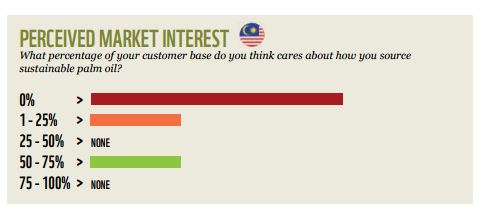
In Singapore, it is the same situation albeit a slightly higher awareness about sustainability.
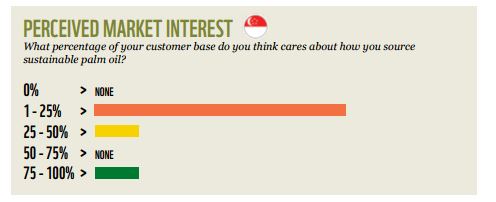
What Mini Me thinks
Unless the companies are proactively exporting their products overseas such as Mamee, which has a big presence in Australia and in other Western countries where RSPO is a big issue, there is little or no incentive to embrace RSPO.
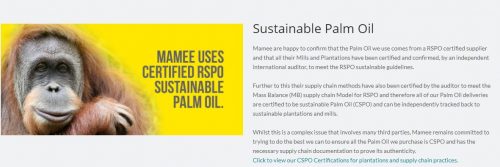
Malaysian and Singapore consumers have yet to reach a stage where sustainable palm oil is important even though they are suffering from the annual haze emitting from Indonesia. The key concern for them is addressing the practice of burning rather than punishing manufacturers for not using RSPO.

